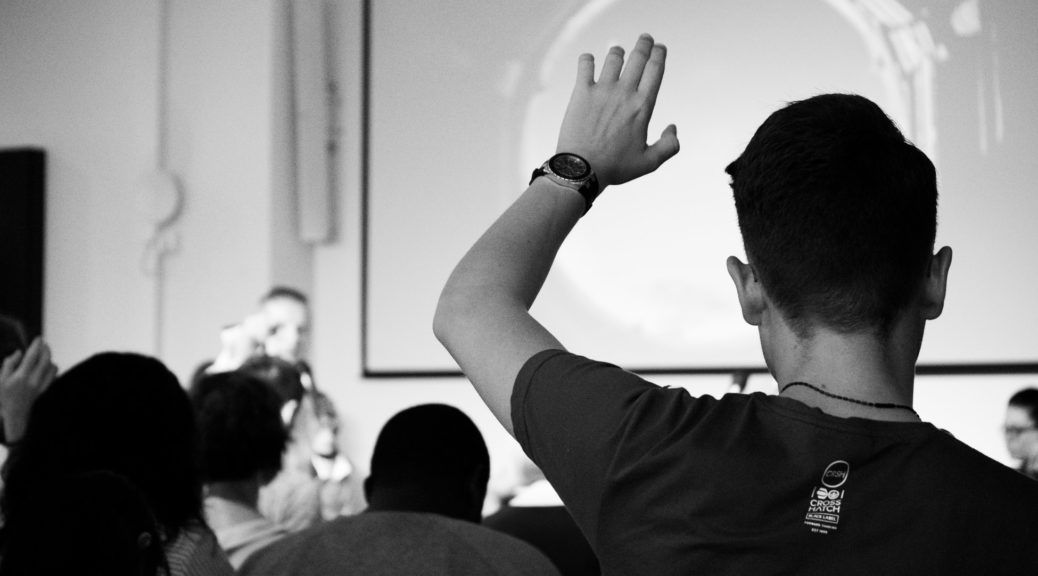By Masae (Emily) Yamanaka
An Overview
In many Asian cultures, it is very common for students to not speak at all in a classroom setting. They are merely in schools to absorb as much knowledge as possible from the teachers. Absolute obedience is viewed as a virtue. “I don’t want to waste other people’s time.” “Nothing I share can be that important to interrupt the flow of the lecture.” “Teachers know best.” Almost all the Asian international students I have had resonated similar sentiments.
On the contrary, in a traditional American classroom, you will find the teacher picking on students to voice their opinions. With that being said, it does not mean blurting out anything you can think of in class. Your responses should be relevant and contribute to the topic under discussion. This system strives to build young independent leaders and focus on sharpening critical thinking skills of the youths.
The Two Systems
A main difference between Eastern and Western educations lies in its prime focus. Asian systems utilizes teacher-centric classes where the teacher serves as the main authoritarian figure and answers questions directly from the pupils. Lecture is the main mode of instruction. Students are often dissuaded from exchanging ideas with each other.
The American system employs a student-centered setting where students share ideas with each other and actively participate in the learning and teaching process. Originality is greatly stressed upon and valued. Since each student is unique and no two students have the exact ways of thinking, students can learn from each other and stimulate self-understanding by listening to others’ questions.
Personally, I think Eastern educational institutions offer a wider breadth of knowledge, as teachers who specialize in specific topics get more time to instruct without disturbance. However, being given more content does not equate to the amount of substance pupils actually absorb on average. This one-way direction hinders solidarity as youths are taught to unquestionably oblige to what is given. A more collaborative setting not only promotes critical thinking but serves as a built-in check-and-balance within the classroom since teachers would need to take into account inquiries of everyone and could not simply recycle previous teaching material. At the end of the day, humans are individually unique and each class’s batch of students are different from another.



